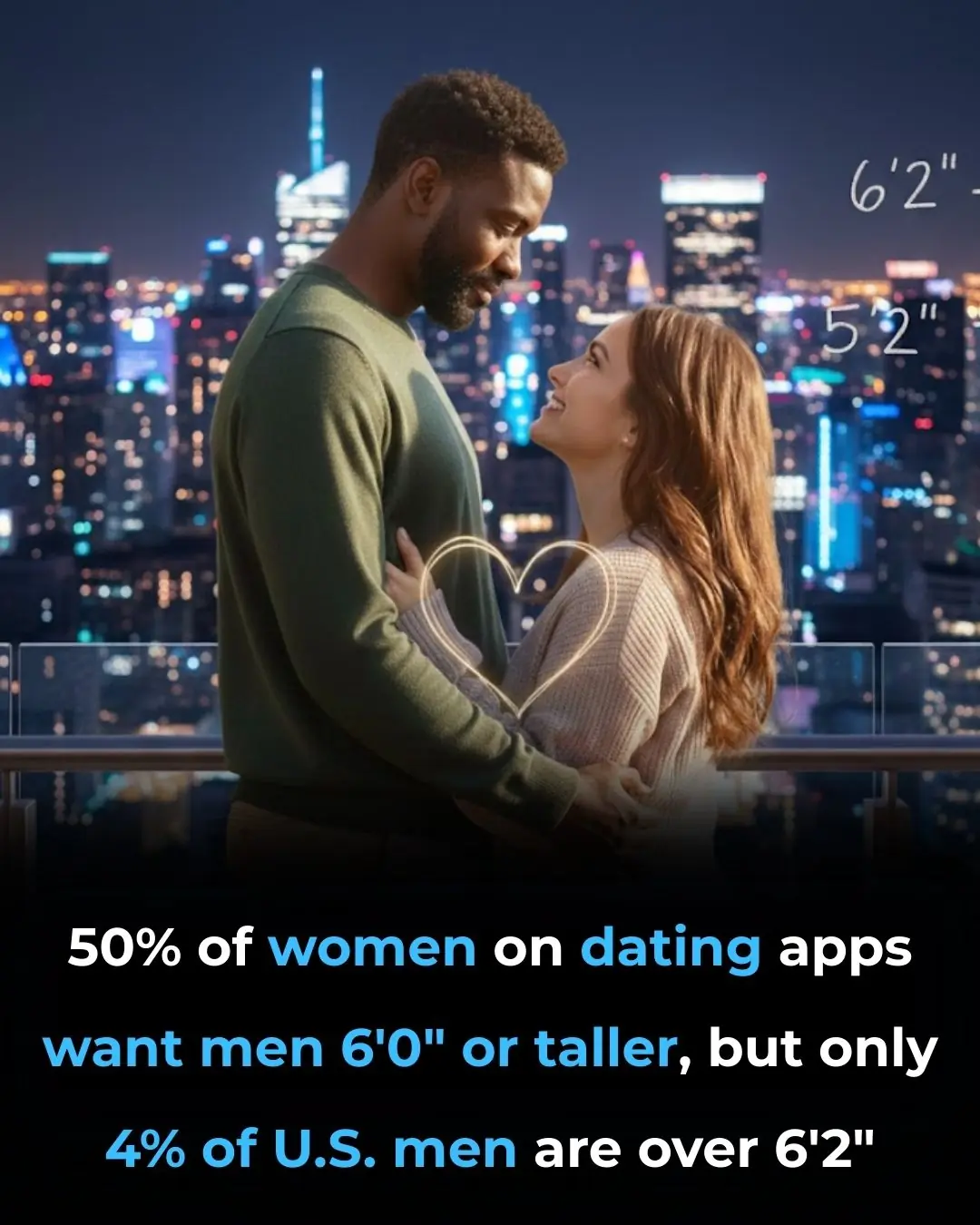
Denmark’s Ground‑Breaking Proposal: Granting Citizens Copyright Over Their Face, Voice and Body to Combat Deepfakes
Denmark has introduced a pioneering proposal to amend its copyright laws, allowing citizens to legally own their facial features, body, and voice. This innovative measure aims to tackle the growing concerns over AI-generated deepfakes and other unauthorized uses of personal likenesses. Under this proposal, the creation and distribution of deepfakes or any digital imitations of an individual’s appearance or voice without their consent would become illegal. Individuals would be granted the right to demand the removal of such content and to seek compensation for its misuse.
If passed, this legislation would not only protect public figures but also apply to everyday citizens, offering them control over their digital identity. The law aims to prevent abuses such as identity theft, defamation, and harassment, which have been increasingly facilitated by deepfake technology. At the same time, the bill makes exceptions for legitimate uses of likenesses, such as for parody, satire, and commentary, thus preserving freedom of expression.
The law would grant individuals the ability to exercise ownership over their identity, much in the same way that intellectual property rights protect creative works. This proposal is seen as a significant shift in how personal data and digital identity are regarded under the law, potentially setting a precedent that could extend beyond Denmark to other parts of Europe.
The legislation includes two main provisions. One would protect the general public by giving everyone the right to control the use of their likeness, and the other would specifically safeguard artists and performers from unauthorized digital reproductions of their work. If enacted, Denmark would become the first country to officially recognize personal identity as a form of intellectual property, providing a legal framework to address the challenges posed by deepfakes and AI-generated content.
While this law has been praised for its forward-thinking approach, it also presents several challenges. The global nature of the internet raises concerns about how effective enforcement will be, especially when deepfakes originate from platforms or entities based outside of Denmark. Additionally, the line between parody and harmful misuse of deepfake technology could lead to complex legal questions that courts would need to address.
Furthermore, some critics worry that granting individuals control over their likeness might open the door to the commercialization of personal features. If people can sell or license their faces or voices, it could lead to a new market for digital identities, raising ethical questions about consent and exploitation.
The Danish government has emphasized that this law aims to strike a balance between protecting individuals from digital manipulation while allowing for artistic freedom and satire. However, the legislation would need to be carefully interpreted to prevent it from infringing on free speech or being misused for commercial gain.
This proposal comes at a time when AI technology is evolving rapidly, and deepfakes have become increasingly sophisticated and difficult to detect. With the spread of misinformation, manipulated media, and fraudulent activities, the need for such protections has never been more pressing. By granting people ownership over their likenesses, Denmark hopes to address some of the most pressing issues in the digital age, ensuring that individuals are not exploited or misrepresented without their consent.
In addition to protecting citizens from digital manipulation, the law aims to foster trust and security in the digital environment. If successful, it could set an important precedent for other countries, especially in Europe, where similar legal frameworks are already being discussed. Denmark’s proposed reform represents a significant shift in how laws may adapt to new technological realities, potentially influencing how personal rights are managed on the global stage.
Sources:
News in the same category


A New Dawn for Chronic Kidney Disease Treatment: From Management to Possible Remission

A Butterfly, A Flute, and Unshakable Composure: The Legendary Performance of Yukie Ota

Felix Baumgartner's Record-Breaking Jump: Breaking the Sound Barrier from Space

A Pacemaker the Size of a Grain of Rice: Revolutionizing Heart Care

Science vs. Disney: What Finding Nemo Didn’t Tell You About Clownfish

U.S. Grocery Costs Hit Record High: Families Now Spending Over $1,000 a Month

When Mating Turns Dangerous: The Fierce Behavior of the Sydney Octopus

Welcome to the Monkey Madness: Thailand’s Unforgettable Lopburi Buffet

Why Height Matters So Much in Online Dating — And What the Numbers Reveal

Samsung Outpaces Apple Again — And Why Shipment Volume Still Matters

Thicker Thighs Linked to Lower Risk of Heart Disease and Diabetes, Study Finds

Breakthrough Drug Offers Hope for Restoring Vision by Repairing Nerve Insulation

Nobel Prize-Winning Discovery of Autophagy: The Body’s Self-Repair Mechanism

Dietary RNA: A Key to Slowing Cellular Aging and Promoting Longevity

The Role of Fish Oil Supplementation in Enhancing Fat Loss and Muscle Growth: A Scientifically Supported Approach

Dandelion Root Extract Shows Potential to Eliminate Up to 95% of Cancer Cells in 48 Hours

Meet the Solar-Powered Sea Slug: The First Animal Known to Photosynthesize!

13-Year-Old Boy's Heartwarming Act of Sacrifice: Buying His Mother a Car Through Hard Work and Compassion
News Post

How Europe Says "Street": A Multilingual Journey Through Language and Culture

Never Toss Banana Peels Again: The 2,000-Year-Old “Trash” Trick That Erases Wrinkles, Heals Scars, Whitens Teeth & Drops Blood Pressure Overnight

A New Dawn for Chronic Kidney Disease Treatment: From Management to Possible Remission

A Butterfly, A Flute, and Unshakable Composure: The Legendary Performance of Yukie Ota

The $5 Kitchen Secret: Why You Should Be Brushing Your Teeth with Turmeric and Baking Soda

Felix Baumgartner's Record-Breaking Jump: Breaking the Sound Barrier from Space

A Pacemaker the Size of a Grain of Rice: Revolutionizing Heart Care

10 DIY Beauty Ice Cubes for Radiant, Glowing Skin

This carb is more damaging to your blood sugar than pure sugar

A neurosurgeon says your legs could predict dementia years before memory loss

Science vs. Disney: What Finding Nemo Didn’t Tell You About Clownfish

U.S. Grocery Costs Hit Record High: Families Now Spending Over $1,000 a Month

When Mating Turns Dangerous: The Fierce Behavior of the Sydney Octopus

Welcome to the Monkey Madness: Thailand’s Unforgettable Lopburi Buffet

Why Height Matters So Much in Online Dating — And What the Numbers Reveal

Samsung Outpaces Apple Again — And Why Shipment Volume Still Matters

The Mighty Dandelion: Nature’s Hidden Treasure

Top 10 Foods to Heal Knee Pain and Rebuild Cartilage Naturally
